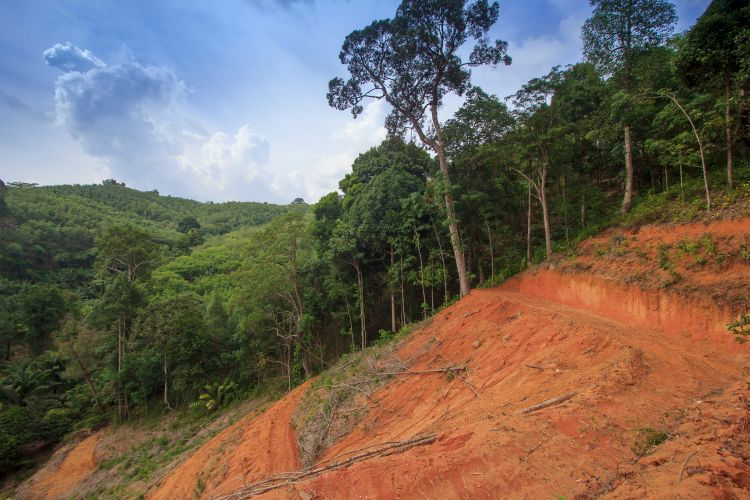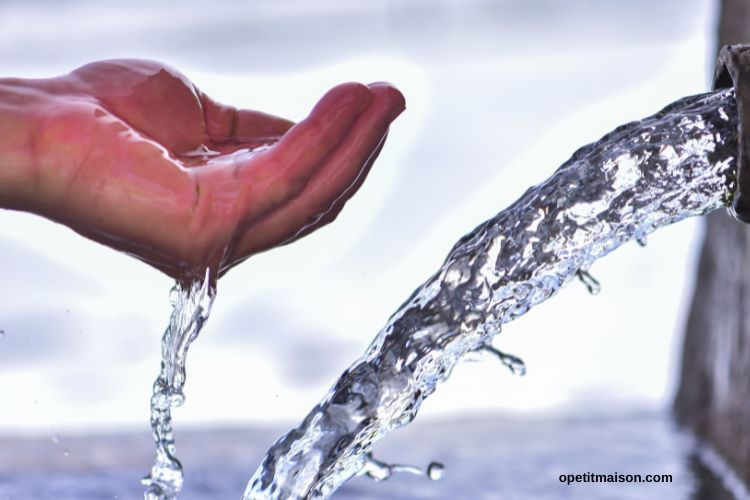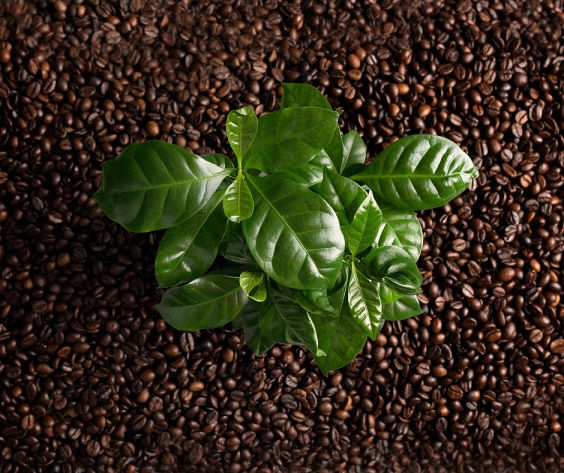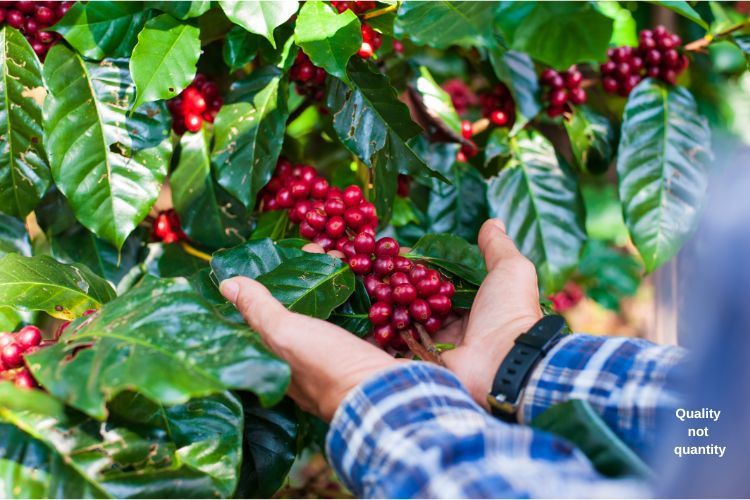Coffee and the Environment: Impact and Sustainable Coffee Trends
- Sep 23, 2024
- 3 min read
Updated: Nov 29, 2024
Coffee is one of the world’s largest commercial crops, providing crucial income for millions of people. However, coffee cultivation and production significantly impact the environment, contributing to deforestation, water consumption, and chemical use. To address these environmental challenges, the sustainable coffee movement has gained momentum, aiming to protect natural resources while ensuring social equity across the coffee supply chain.

Impact of the Coffee Industry on the Environment
Deforestation
The expansion of coffee plantations, particularly in regions like Brazil and Central America, has led to significant deforestation. This not only disrupts natural ecosystems but also destroys habitats for various species and increases carbon emissions. Monoculture coffee farming further depletes soil health and reduces biodiversity, making the environment more vulnerable.
Water Consumption
Growing coffee, especially Arabica, requires a large amount of water. In regions affected by climate change, excessive water usage for irrigation can deplete groundwater reserves, threatening local communities’ access to clean water.
Agricultural Chemical Use
The use of pesticides and chemical fertilizers in coffee production pollutes both soil and water, posing risks to the health of farmers and nearby communities. These chemicals can remain in the environment for years, contaminating water supplies and harming wildlife.

>>>>Read more: Fermented raw cacao beans – essence from nature, rich in every flavor
Sustainable Coffee Trends
In response to environmental challenges, sustainable coffee practices are becoming an important solution to ensure long-term industry growth without harming the planet.
Organic Coffee Farming
Organic coffee is grown without synthetic chemicals, fertilizers, or pesticides, which helps protect the soil, water, and air, as well as the health of workers. Organic coffee typically has a purer, more natural flavor, and consumers increasingly favor it for its environmental and health benefits.
Shade-Grown Coffee
Another sustainable approach is shade-grown coffee, where coffee is cultivated under a canopy of trees rather than in open fields. This method helps preserve forests, maintain ecosystems, and reduce the need for water and chemicals. Shade-grown coffee encourages biodiversity by providing habitat for wildlife.
Sustainable Coffee Certifications
Several international organizations have developed sustainable coffee certifications to ensure responsible environmental and social practices. Popular certifications include Fair Trade, Rainforest Alliance, and UTZ Certified. These certifications ensure that coffee farmers are paid fair wages and that farming methods are environmentally friendly.

>>>>Read more: Pure cacao butter – the essence of natural nutrients.
Benefits of Sustainable Coffee
Environmental Protection
Sustainable farming practices like organic and shade-grown coffee protect biodiversity, maintain soil and water resources, and reduce environmental pollution. In addition, reducing carbon emissions in coffee production helps mitigate the negative effects of climate change.
Improved Livelihoods for Coffee-Growing Communities
Programs such as Fair Trade and sustainability certifications not only protect the environment but also ensure that coffee growers receive fair prices, improving working conditions and enhancing the quality of life for them and their communities.
Higher Coffee Quality
Sustainably grown coffee is often of higher quality since the plants are carefully tended and not subjected to harsh chemicals or mass-production methods. The flavors from sustainable farms are often richer and more natural, attracting consumers who appreciate premium coffee.


>>>>Read more: Pure cacao powder – rich flavor and natural nutrition.
Challenges in Implementing Sustainable Coffee Practices
High Production Costs
Sustainable farming, especially organic coffee, requires higher initial investments to comply with strict standards and implement alternative farming methods. As a result, sustainable coffee is often more expensive than conventional coffee.
Lack of Awareness and Support
Not all coffee farmers have the knowledge or financial resources to adopt sustainable practices. More programs are needed to provide technical support, financial aid, and education to help farmers transition from traditional to sustainable farming methods.
Market Competition
While the demand for sustainable coffee is rising, competing with cheaper conventional coffee in terms of price and market access remains a significant challenge for sustainable producers.
Conclusion
The coffee industry has a substantial environmental impact but also holds the potential to evolve into a more sustainable sector if eco-friendly farming practices are adopted. Sustainable coffee not only protects natural resources but also improves the livelihoods of coffee-growing communities. Consumers play a vital role in this shift by choosing products with sustainability certifications, helping drive the demand for environmentally responsible coffee.
FAQs
What is the difference between organic coffee and regular coffee?
What environmental benefits come from shade-grown coffee?
What does Fair Trade certification ensure for consumers and farmers?
How will sustainable coffee trends affect product pricing?
Is sustainable coffee of higher quality than regular coffee?
Source: www.opetitmaison.com ; https://opetit.com




Comments